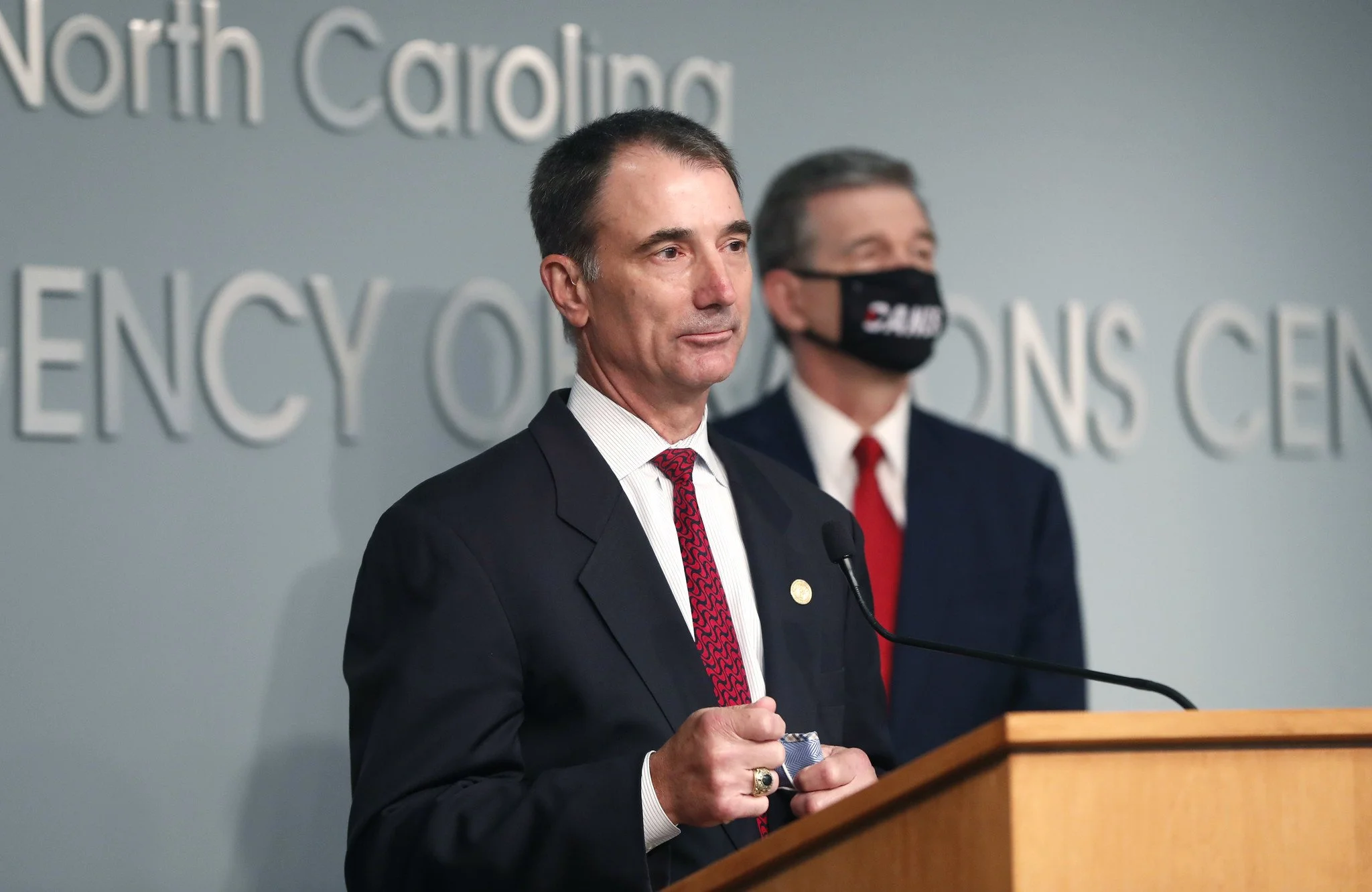Democrats shore up dominance on N.C. State Board of Education
By David Bass, Carolina Journal
Of the 11 members on the N.C. State Board of Education, four are Republican appointees. With a recent resignation, that number dips to just three.
Todd Chasteen resigned from the board on Feb. 1, warning of a trajectory away from education toward political activism, especially on new social studies standards OK’ed by the State Board last year.
“In full transparency, in February when the board passed Social Studies Standards by a slim majority, standards that many of us concluded, and thousands of parents agreed, were unproductive, regressive and unhelpful to the students of this wonderful state, it became more difficult to see where I could add value,” Chasteen wrote in his resignation letter.
Chasteen was appointed by former Republican Gov. Pat McCrory in 2016. His term was set to expire in March 2023, but his departure means that Gov. Roy Cooper, a Democrat, will have the option of immediately appointing a replacement.
“Serving on the State Board of Education is a multi-year, time-consuming, and unpaid commitment,” said Dr. Terry Stoops, director of the Center for Effective Education at the John Locke Foundation. “I commend Mr. Chasteen for his faithful service to North Carolina public schools over the last six years and appreciate the indulgence of his employer, Samaritan’s Purse.”
With Chasteen’s departure, only three members of the board are Republican appointees: Olivia Oxendine, Amy White, and Eric Davis, who chairs the board and is registered unaffiliated. Republicans have added strength from ex officio members in Lt. Gov. Mark Robinson and State Treasurer Dale Folwell, who are not appointed and serve until their terms in office expire.
The State Board voted 7-5 along party lines — with Davis joining the Democrats — in February 2021 to approve the new social studies standards. At the time, Robinson called the standards “politically charged” and “divisive” for teaching American history through the lens of racism and discrimination.
Critics have contended the new social studies standards open the door for Critical Race Theory instruction in public schools. Critical Race Theory views U.S. history and civics exclusively through the lens of race and contends all white people are inherently oppressive.
During debate over the standards, Chasteen leaned on his experience as legal counsel for the international Christian ministry Samaritan’s Purse to demonstrate the importance of a system in the United States that doesn’t discriminate or use race as the basis for decision making.
“My biggest challenge with the standards is there seems to be a lot of weight on group identity conflict and negativity,” Chasteen said.
Before final approval, GOP board members were able to tone down some of the more controversial language in the standards, such as switching “systemic racism” to “racism” and “gender identity” to “identity.”
GOP lawmakers in the General Assembly also ran legislation last year to delay adoption of the standards, an effort that fell short.
“Fortunately, North Carolina has a system of checks and balances,” said Stoops. “If the Cooper appointees on the State Board of Education allow their progressive impulses to inform their policy decisions, the legislature can intervene. The North Carolina Constitution specifies that all rules and regulations approved by the board are subject to laws enacted by the General Assembly.



